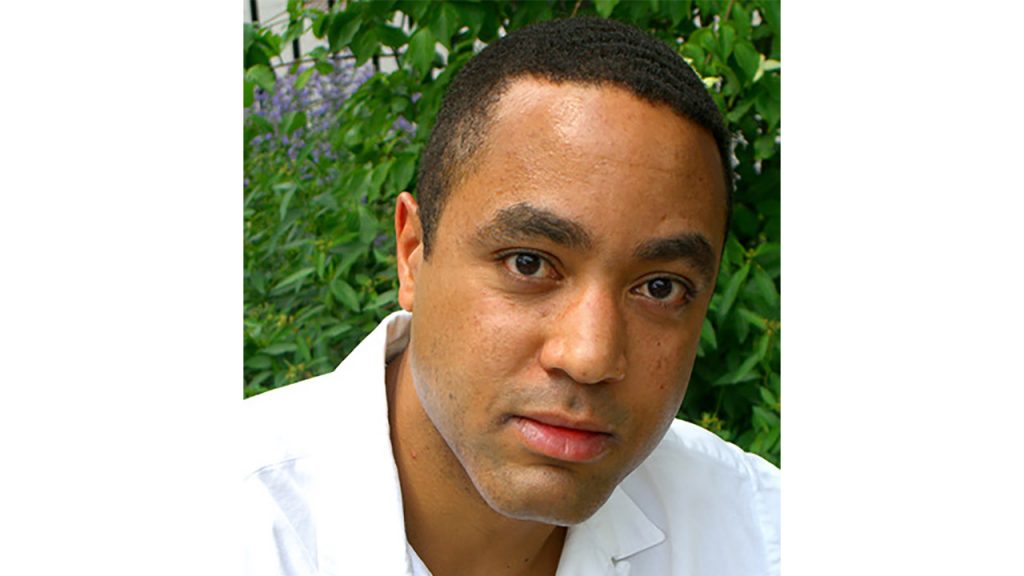Linguist John McWhorter: “Profanity Is Something That Everybody Is Interested In”
McWhorter’s new book, “Nine Nasty Words,” explores the origins and evolution of profanity as well as slurs.

Language has long ritualized greetings and terms of endearment, but why do seemingly all languages also have words considered to be bad or vulgar? Linguist and author John McWhorter delves into our human ties to swearing or “bad words” and why we have such a penchant for the more colorful words and phrases in our vocabularies.
“What is really profane in our language is no longer words about God, Jesus or the body; now it’s about defaming sub groups of people.” –John McWhorter, author of “Nine Nasty Words”
Listen: Renowned linguist and author John McWhorter on why he chose to write a book about swearing, profanity and slurs in 2021.

Guest
John McWhorter teaches linguistics, American studies and music history at Columbia University. He is a contributing editor at The Atlantic and host of Slate’s Lexicon Valley podcast. He is also the author of 20 books including his newest book, “Nine Nasty Words.”
On the timing of his newest book, McWhorter says that he “didn’t know [the n-word] would become such an important issue” when he first began writing the book, and that he chose to explore profanity because of its broad appeal to linguists and non-linguists alike. “Profanity is something that everybody is interested in,” he says.
The book explores religious classics like “damn” and “hell,” along with words having to do with sex and the body, the classic four-letter words and also slurs against groups. On why he chose to include this last section, McWhorter says “just like we all know intellectually that tomatoes are fruits but we think of them as vegetables, we don’t classify the n-word or [other slurs] as curse words.”
He goes onto explain that “the way we process slurs these days…or over the last 30 years [has changed] … what is really profane in our language is no longer words about God, Jesus or the body; now it’s about defaming sub groups of people.” McWhorter adds that this is a shift from a general religious sensibility to something that is more a civic concern toward treating people equally.
Trusted, accurate, up-to-date
WDET is here to keep you informed on essential information, news and resources related to COVID-19.
This is a stressful, insecure time for many. So it’s more important than ever for you, our listeners and readers, who are able to donate to keep supporting WDET’s mission. Please make a gift today.
